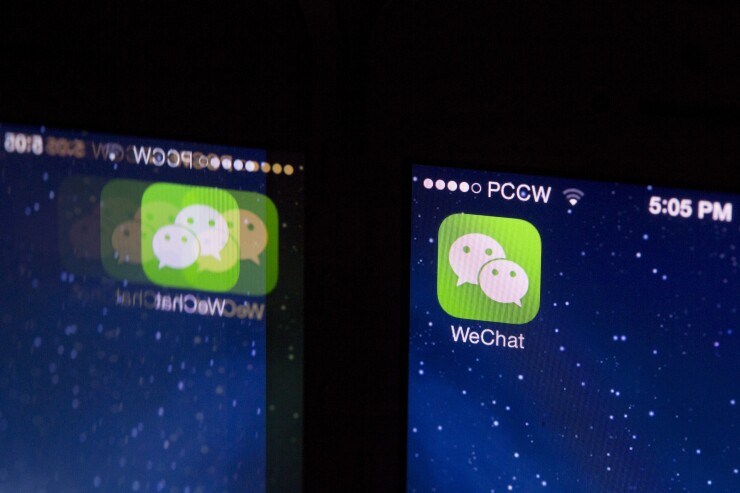Chinese consumers are open to trying new brand and products, and they tend to be more loyal to KOLs than to companies. That’s why we are seeing more “key opinion leader” marketing this year from e-commerce giants Alibaba and JD.com, JD.com even built a special venue as a base for KOLs’ livestreaming efforts.
Marketing costs for brands and retailers are lower on Black Friday because fewer companies compete for traffic than on Singles Day. The cost of influencer marketing using KOLs skyrockets in the weeks leading up to Singles Day. In 2016, KOL marketing costs for social commerce platform WeChat beauty influencers jumped 360 percent for Singles Day campaigns.
U.S. companies seeking to maximize profit with a highly targeted campaign should consider focusing on Black Friday. Singles Day gross merchandise volume grew 44 percent year over year for Azoya’s retail network last year, which focus on cross-border sales, while Black Friday GMV jumped 88 percent, with an average basket value 26 percent higher than that of Singles Day.

Authenticity is also important to consumers. Last year, counterfeit products represented a top complaint among cross-border e-commerce platforms. Nearly 47 percent of cross-border consumers on Little Red Book submitted complaints on Black Friday, citing problems with fake goods.
In response, Tmall Global recently collaborated with AliCloud and the China Certification and Inspection Group to upgrade its track-and-trace authentication services. Now shoppers can trace the origin of their purchased products by scanning a code with their smartphones. As these new services may become more commonplace, brands and retailers should adopt them to boost brand trust.
Given Chinese consumers’ appetite for U.S. and foreign brands, retail companies planning to participate in this year’s holiday sales in China should consider capitalizing on China’s huge holiday sales by adopting mobile pay and influencer marketing and by emphasizing quality and authenticity.





